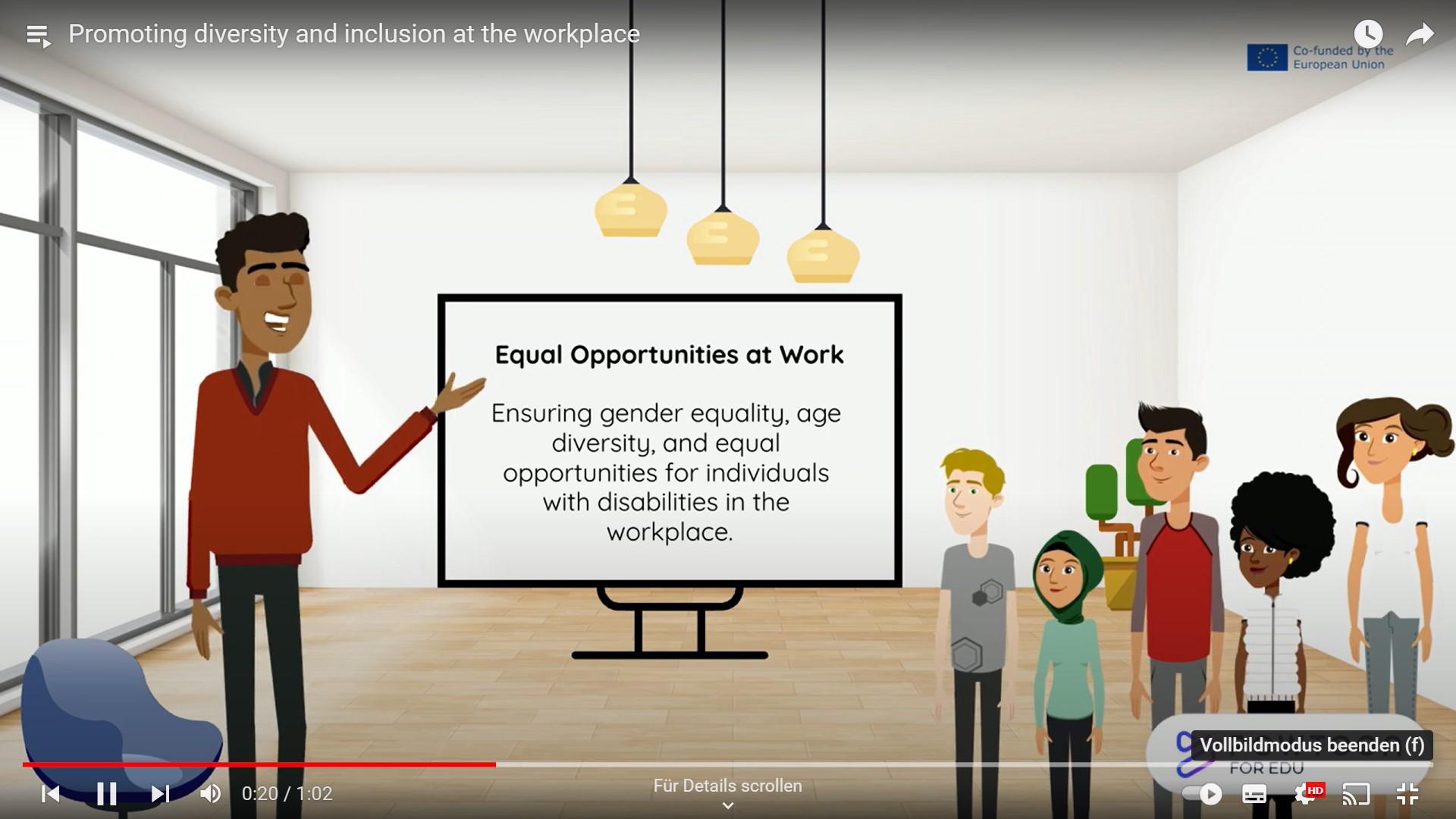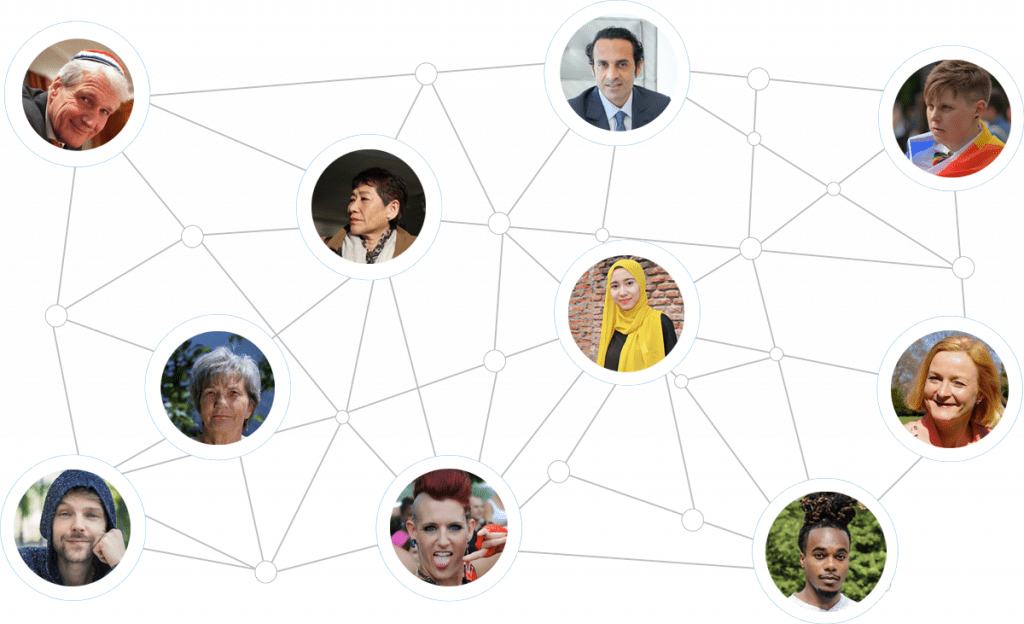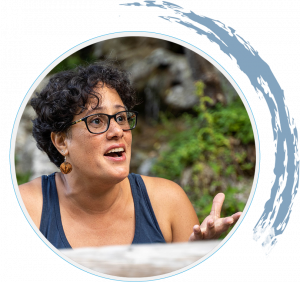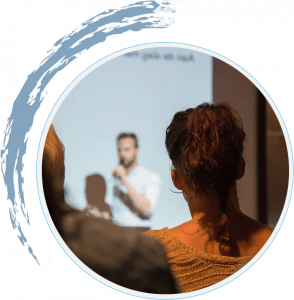Countering populism through active European citizenship!


The European elections 2024
The European elections of June 2024 mark a pivotal moment in the political landscape of the European Union. They have been characterized by a notable rise in populist political parties across the continent, reflecting a significant shift in voter sentiment and political priorities.


Argumentation training
Do you know situations that leave speechless when confronted with populist statements? Get prepared and train yourself in three different situations to better engage in constructive dialogue and promote democratic values.


the EU and its achievements
Let´s talk about the EU and its achievements – Do you remember when you sometimes stood for hours at the border to a neighbouring country, when getting ill on holidays could get very expensive and when a simple phone call cost a fortune?
We-Europeans aims to strengthen advocacy for European citizenship and for a Europe, in which inclusion, tolerance, justice, solidarity and non-discrimination prevail. This means to encourage standing-up for the European Union’s fundamental values: respect for human dignity and human rights, freedom, democracy, equality and the rule of law.
Populism and political alienation are threats for all democracies in Europe. And countering populism is a challenge for political and civil society actors, educational staff, journalists and others who are confronted with populism in their professional lives, but also for European citizens who face populism in their private lives. We-Europeans gives support to both target groups.


- People who are confronted by populism in their everyday lives. In the current politically heated atmosphere, almost every conversation becomes political at some point, be it about the latest Corona regulations, the closure of schools, consequences for the workplace, etc. We-Europeans gives:
- Knowledge: Thematic blog articles and information, fact check, explanatory videos about the EU and its achievements
- Get active: Discussion and argumentation aids, a series of interviews about European Citizenship, further resources
Actors from education, politics, media, science and civil society to exchange and develop transnational and interdisciplinary strategies against populism. The aim is to formulate common European answers to a common European problem. This should happen through networking in the form of a community of practice, through exchange, mutual learning and directed learning content in a toolbox including a MOOC, which serves concrete needs, takes up new scientific findings and considers creative, new approaches to solutions.

